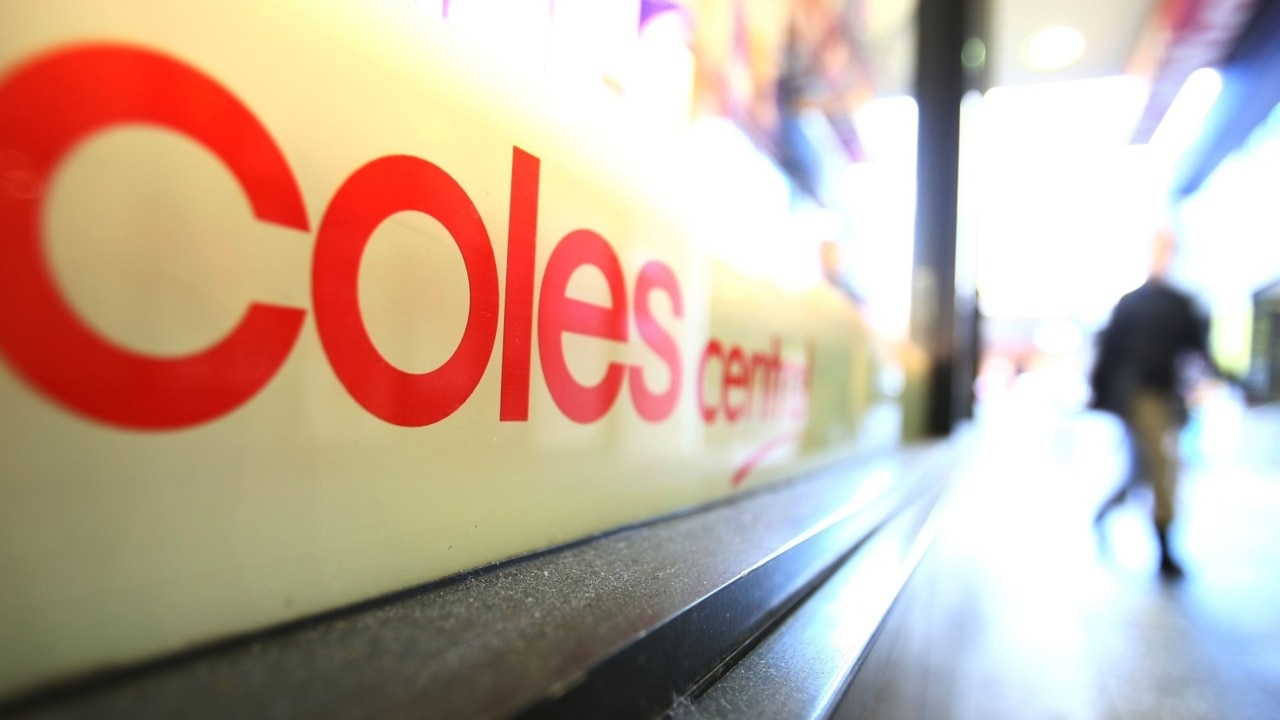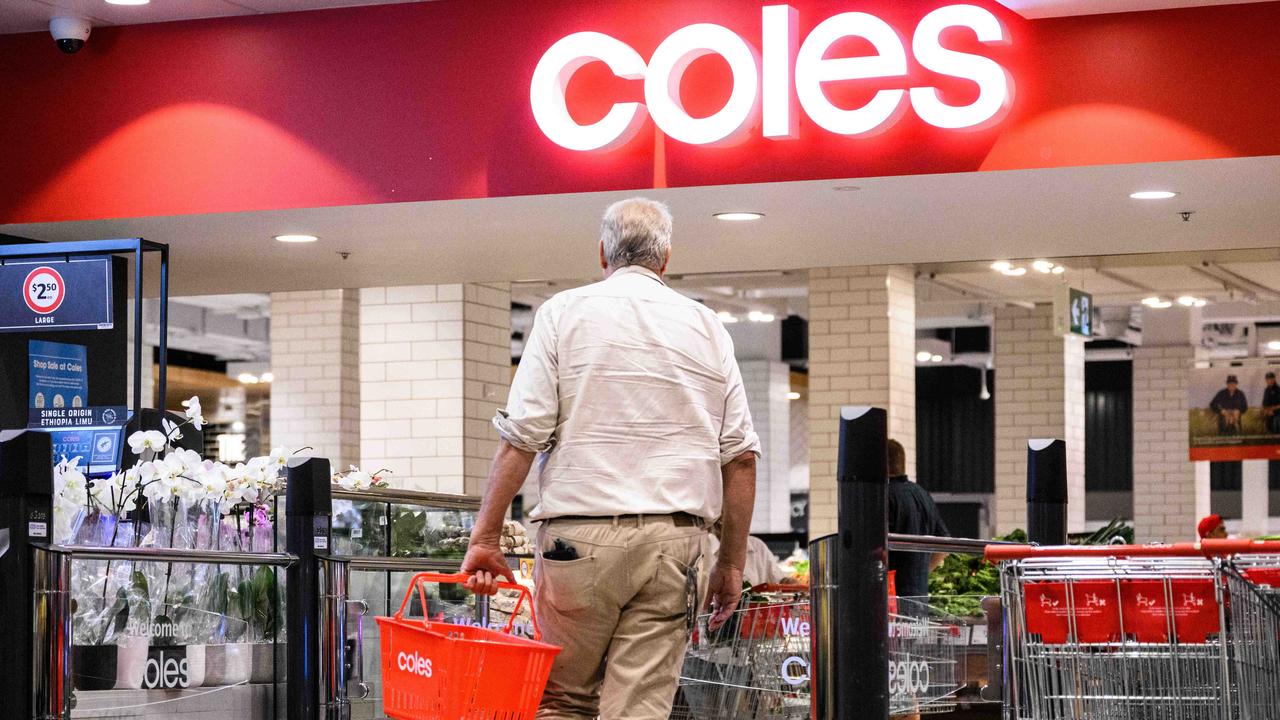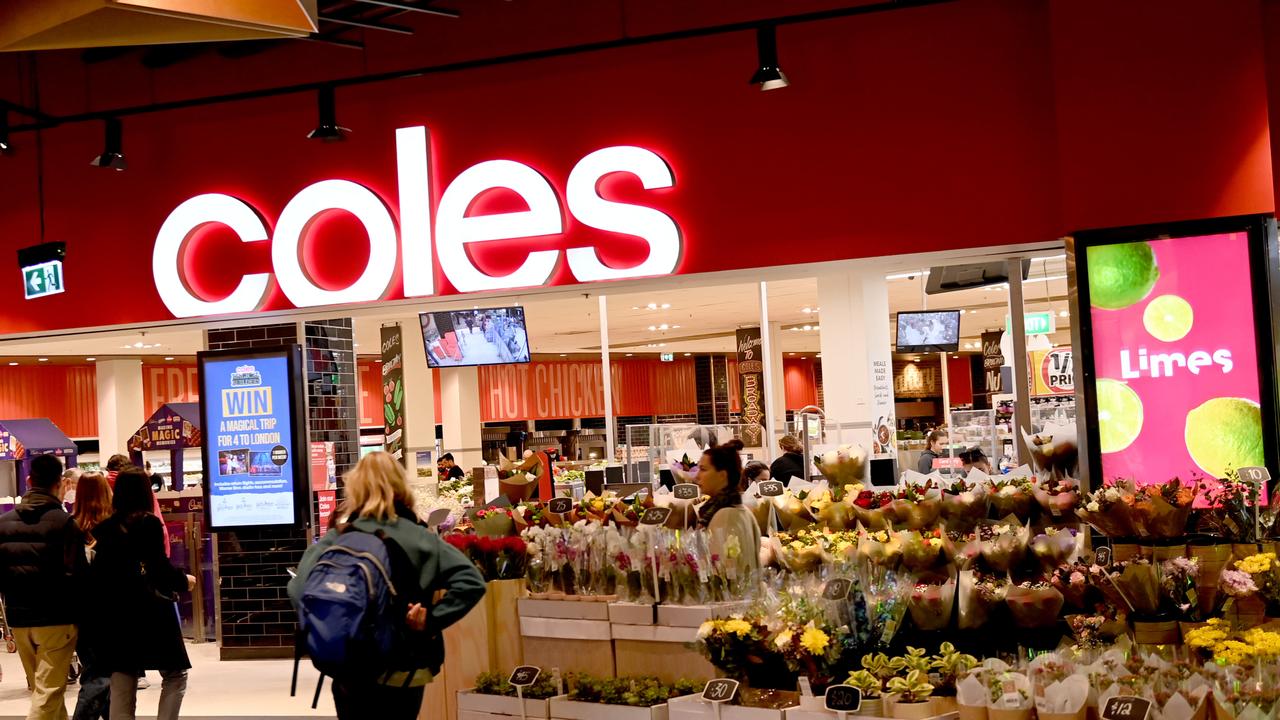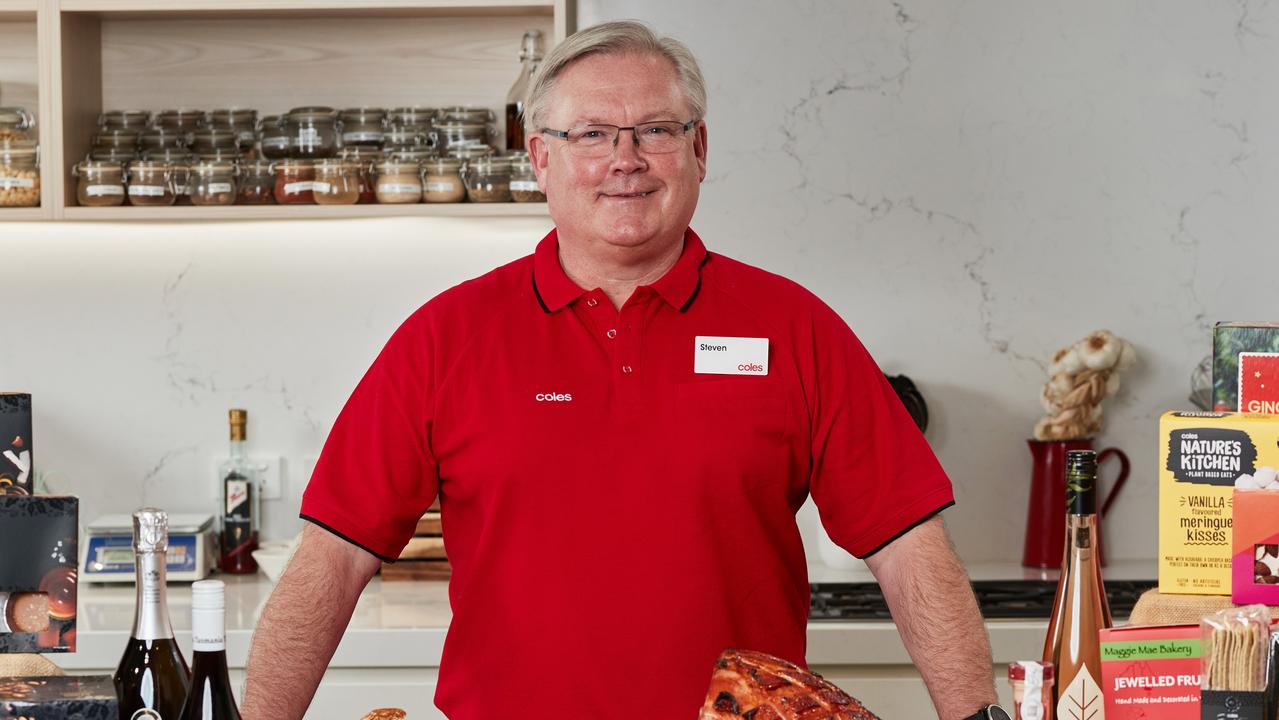Coles reveals inflations toll on its prices and cost of doing business
Coles announced a massive $1 billion profit, but the rise in popularity of one item shows that Australians are struggling.

Coles has revealed the price of its products rose by as much as 4.3 per cent over the last financial year as Australia's cost of living crisis continues to hit consumers.
Coles posted a $1.048 billion net profit for the 2021-22 financial year, an increase of 4.3 per cent from the previous year.
It also recorded $39.75 billion in annual revenue, a 2 per cent rise from last financial year.
But it was the rise in sales of $1 pasta that Coles says proves Aussies are struggling with cost of living pressures.
The supermarket giant revealed in its financial results on Wednesday that the price of its products and its cost of doing business had both been negatively impacted by inflation in the 2021-22 financial year.
The report states there could be more increases to prices.
“In July, we have seen further cost price inflation in produce due to recent flooding, in bakery due to wheat commodity prices, and in packaged groceries due to various supply chain cost increases including wages, packaging, raw ingredients and freight,” Coles said in a report.
“Consistent with our suppliers and customers, we are also seeing inflationary pressures impacting our own cost base with increasing wages, rent, fuel, supply chain and capital costs.

“In addition, Covid and the flu has seen increased team member absenteeism costs continue to impact the business.”
Coles revealed total supermarkets price inflation of 1.7 per cent was recorded in the last financial year.
But in the fourth quarter this inflation increased to 4.3 per cent, which was particularly felt with fresh produce.
“In the fourth quarter, fresh inflation was 4.7 per cent and driven by both bakery, reflecting higher wheat prices, and fresh produce, due to the Queensland and NSW floods impacting supply, particularly in vine and soft vegetables such as tomatoes, capsicums and broccoli,” Coles said.
“Raw material, commodity, shipping and fuel costs remained the key driver to supplier input cost requests received in the fourth quarter impacting inflation in packaged.”
The supermarket also concedes cost of living pressures were impacting Austraians.
“Our commitment to delivering trusted value remains more important than ever,” CEO Steven Cain said.
“As examples, we are beginning to see our customers buying significantly more $1 Coles pasta and our $1 coffee at Coles Express has never been more popular.”
The supermarket giant’s cost of doing business, as a percentage of sales, increased by 50 basis points to 21.4 per cent over the past financial year, partly due to underlying cost inflation.
It noted that one of its biggest challenges in the current market was rising food inflation, which had led to an increasing number of suppliers hiking their prices and customers’ “more value oriented choices” being impacted by cost of living pressures.

But in some worrying news for consumers, Coles indicated that its inflationary issues would not be ending anytime soon.
In its outlook for the 2023 financial year, Coles said increasing inflation and rising interest rates would continue to place pressure on many households.
It also said inflationary costs, including wages, rent, fuel, supply chain and capital costs, would impact its cost of doing business.
To counter these issues, Cole said it was focused on promoting initiatives and exclusive products that would keep customers shopping at its stores.
“With increasing inflation and rising interest rates placing pressure on many households, Coles will continue to focus on delivering trusted value to customers through our differentiated Exclusive to Coles range, our Exclusive Liquor Brands and our Flybuys loyalty program,” it said.
“We have also locked the price of 1168 products across supermarkets and online until at least January 31, 2023, and begun lowering the price of an additional 500 products.”

Mr Cain also said their “Smarter Selling program” would help drive down the inflationary costs of doing business.
“We have now delivered the third year of our transformation strategy, including significant growth in our e-commerce operations, coupled with additional efficiencies from our Smarter Selling program,” he said.
“The ongoing headwind of rising inflation underscores the importance of our Smarter Selling cost reduction program, and the commissioning commencement of three of our four Witron automated distribution centres and Ocado customer fulfilment centres in FY24 will allow us to drive future efficiencies while delivering an enhanced offer to inspire customers,” he said.



